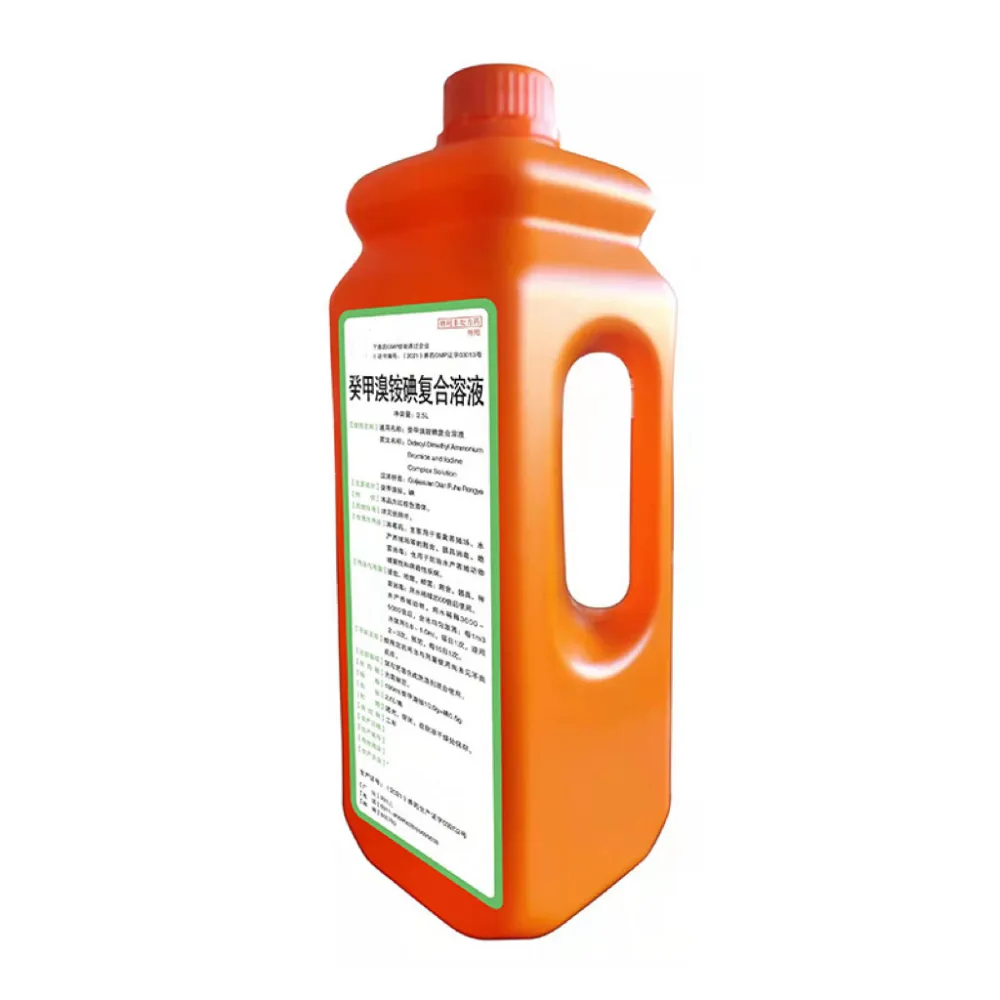- Afrikaans
- Albanian
- Amharic
- Arabic
- Armenian
- Azerbaijani
- Basque
- Belarusian
- Bengali
- Bosnian
- Bulgarian
- Catalan
- Cebuano
- Corsican
- Croatian
- Czech
- Danish
- Dutch
- English
- Esperanto
- Estonian
- Finnish
- French
- Frisian
- Galician
- Georgian
- German
- Greek
- Gujarati
- Haitian Creole
- hausa
- hawaiian
- Hebrew
- Hindi
- Miao
- Hungarian
- Icelandic
- igbo
- Indonesian
- irish
- Italian
- Japanese
- Javanese
- Kannada
- kazakh
- Khmer
- Rwandese
- Korean
- Kurdish
- Kyrgyz
- Lao
- Latin
- Latvian
- Lithuanian
- Luxembourgish
- Macedonian
- Malgashi
- Malay
- Malayalam
- Maltese
- Maori
- Marathi
- Mongolian
- Myanmar
- Nepali
- Norwegian
- Norwegian
- Occitan
- Pashto
- Persian
- Polish
- Portuguese
- Punjabi
- Romanian
- Russian
- Samoan
- Scottish Gaelic
- Serbian
- Sesotho
- Shona
- Sindhi
- Sinhala
- Slovak
- Slovenian
- Somali
- Spanish
- Sundanese
- Swahili
- Swedish
- Tagalog
- Tajik
- Tamil
- Tatar
- Telugu
- Thai
- Turkish
- Turkmen
- Ukrainian
- Urdu
- Uighur
- Uzbek
- Vietnamese
- Welsh
- Bantu
- Yiddish
- Yoruba
- Zulu
8 月 . 18, 2024 12:30 Back to list
Effective Treatment for Parasite Infections with 10 ml Albendazole Syrup for Children
Understanding Albendazole Syrup A Comprehensive Overview
Albendazole is a medication that belongs to the class of anthelmintics, which are drugs used to treat infections caused by parasitic worms. One common formulation of this medication is the albendazole syrup, available in a concentration of 10 ml per dosage. This syrup is particularly effective in treating various helminthic infections, making it a valuable tool in both pediatric and adult medicine.
Mechanism of Action
Albendazole works by inhibiting the metabolism of the parasite. It interferes with the tubulin synthesis in the worms, which is crucial for their cellular function and reproduction. By disrupting the formation of microtubules, albendazole effectively paralyzes the worms, leading to their expulsion from the body. This mechanism makes it effective against a wide range of parasites, including roundworms, tapeworms, and flukes.
Indications
Albendazole syrup is commonly prescribed for the treatment of various parasitic infections
. These include1. Ascariasis – Caused by Ascaris lumbricoides, a large roundworm that can lead to nutritional deficiencies and intestinal blockage. 2. Enterobiasis – Also known as pinworm infection, caused by Enterobius vermicularis, commonly seen in children. 3. Trichuriasis – Caused by Trichuris trichiura, also known as whipworm, which can affect intestinal health. 4. Cestodiasis – Infections caused by tapeworms, including those from the families Taeniidae and Hymenolepididae.
The syrup formulation is particularly useful for children and patients who have difficulty swallowing pills, providing an effective alternative for promoting adherence to treatment.
albendazole syrup 10 ml

Dosage and Administration
The dosage of albendazole syrup typically depends on the type of infection being treated and the patient's age. For children, a common dosage might be 400 mg, administered once or in divided doses over a span of a few days, depending on the specific condition. It is crucial that patients follow their healthcare provider's instructions about dosages to avoid complications and ensure maximum efficacy.
Albendazole syrup is usually consumed orally, and it can be taken with or without food. However, taking it with fatty meals can increase the absorption of the medication, enhancing its efficacy.
Side Effects and Precautions
While albendazole is generally well-tolerated, some patients may experience side effects. Commonly reported effects include abdominal pain, nausea, headache, and dizziness. In rare instances, it may lead to more severe reactions, such as liver enzyme elevation or hypersensitivity reactions.
Before starting treatment with albendazole, it is essential for patients to inform their healthcare provider about any existing medical conditions or medications they are taking to avoid potential drug interactions and contraindications. Special caution is also advised for pregnant or breastfeeding women.
Conclusion
Albendazole syrup is a crucial medication in the management of parasitic infections. Its effective action against a variety of helminths makes it a fundamental part of both preventive and therapeutic strategies in public health, especially in regions where parasitic infections are prevalent. Understanding how to use this medication properly ensures better outcomes and contributes to overall health and well-being. As always, patients should seek guidance from healthcare professionals regarding its use and any concerns they may have.
-
The Power of Radix Isatidis Extract for Your Health and Wellness
NewsOct.29,2024
-
Neomycin Sulfate Soluble Powder: A Versatile Solution for Pet Health
NewsOct.29,2024
-
Lincomycin Hydrochloride Soluble Powder – The Essential Solution
NewsOct.29,2024
-
Garamycin Gentamicin Sulfate for Effective Infection Control
NewsOct.29,2024
-
Doxycycline Hyclate Soluble Powder: Your Antibiotic Needs
NewsOct.29,2024
-
Tilmicosin Premix: The Ultimate Solution for Poultry Health
NewsOct.29,2024













